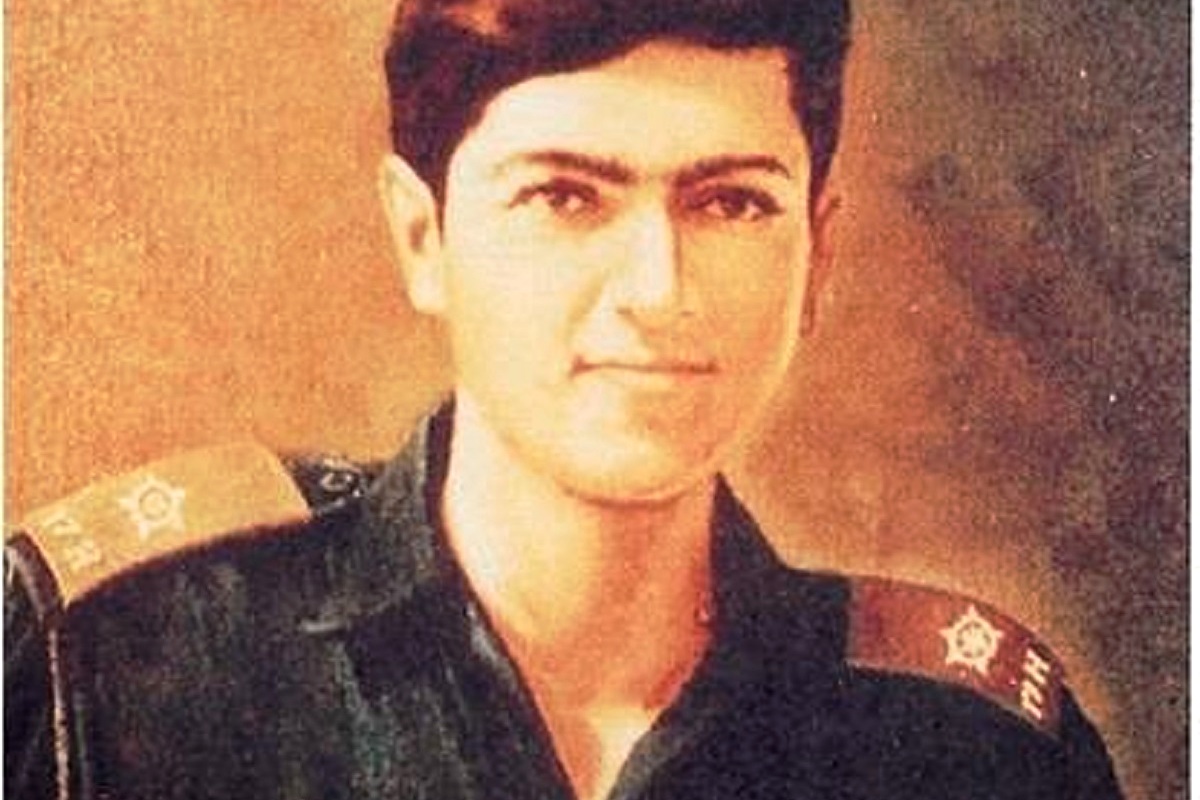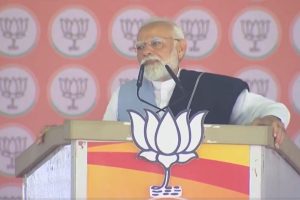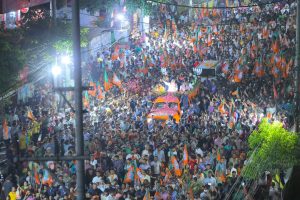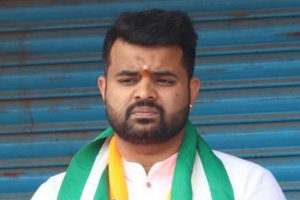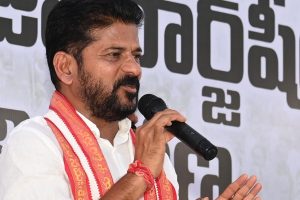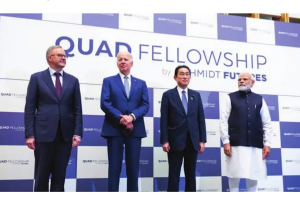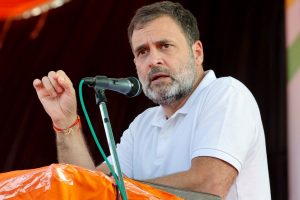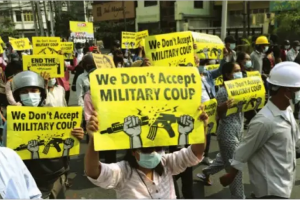The discourse on the 1971 war for the liberation of Bangladesh has been understandably dominated by what happened on the eastern front and some very important battles of the western front have got less attention. However, the reality cannot be ignored that Pakistan had much more advanced weapons systems to deploy in the western sector and unless the Indian Army could hold its own against them, the rapid advance needed in the eastern sector would not have been possible.
In this context the battle of Basantar river (called Bara Pind battle by Pakistan) in the Shakargarh bulge area, near Samba in Jammu and Kashmir, was of crucial importance. Pakistan understood this importance and had assigned some very capable officers and heavy weapons for this attack, with a lot of stand-by forces. Their Patton tanks were considered much superior to the Centurion tanks used by the Indian Army.
The importance of this battle in the larger scheme of battle plans of Pakistan as well as its role in contributing to the overall result are evident from this statement made by a leading columnist and historian of the Pakistani Army, Major General A.H. Amin (Retd) of the Pakistan Armoured Corps.
“The only occasion when a breakthrough could have occurred was when two squadrons of 13 Lancers attacked together in the afternoon, but a gallant last ditch stand by 2/Lt. Arun Khetrapal of Poona Horse averted the danger (for India).”
Arun Khetrapal was only 21 years old at that time. He came from a family of brave soldiers. His great grandfather had fought in the Sikh army against the British colonialists. His father M.L. Khetrapal was a serving senior army officer. Arun was known to be a brilliant student of the famous Lawrence School, Sanawar.
He continued to be equally well regarded at the National Defence Academy and the Indian Military Academy. He joined the Poona Horse unit of the Army, and was in its A Squadron in the battlefront in 1971. A soldier who had the looks of a movie star and behaved like a very polite gentleman, Khetrapal was very popular among his colleagues.
He had celebrated his 21st birthday a few weeks earlier. It was December 16. In his Centurion tank, Khetrapal was rushing to help Squadron B which had just completed the difficult work of creating a bridgehead across the Basantar river but had soon faced a Pakistani attack. As the attack had come sooner than expected, there had not been adequate time for clearing mines and Khetrapal along with other soldiers and tanks had to take the risk of rushing forward in mined areas.
While crossing the river they came under heavy enemy fire as well. Khetrapal responded with great courage and taking the battle to the enemy, he charged them with heavy fire from his tank and destroyed some enemy tanks. The ferocity of this assault and the overall brave resistance put up by Indian forces forced the Pakistani army to retreat for some time.
However, they returned soon with reinforcements and now the overall force and weapon advantage was even more with the Pakistani side. The unit led by Khetrapal faced a very strong attack. Knowing the importance of checking the enemy in this crucial battle, the Indian soldiers fought very bravely.
Khetrapal led from the front. In fact, he and the crew members of his tank are credited with destroying ten Pakistani tanks. In the course of the fierce battle all of them were hit. One crew member died. Khetrapal was asked to abandon his damaged tank and return. But this would have resulted in increasing opportunities for the enemy to advance.
So, he continued to fight, badly wounded, till the enemy advance could be halted in very difficult conditions. It is this lastditch stand of Khetrapal which played a very crucial role in checking the Pakistani assault in a very important part of the western front, as stated by a Pakistani army historian quoted above.
In the last stage of the battle, a wounded Khetrapal was involved in face-to-face combat with a highly capable Pakistani officer in a Patton tank. Both could understand they were facing brave and skilled adversaries, but the Pakistani officer did not know his Indian counterpart was badly wounded.
How Khetrapal fought was recalled 30 years later by this Pakistani officer, Khwaja Mohammad Naser, who had by then risen to the rank of a Brigadier. “He moved his tank with fearless courage and daring, totally unconcerned about his safety.”
He added, “I salute him for what he did at such a young age.” So intense was the battle that one would have to die. It so happened that it was Khetrapal who perished. Second Lieutenant Arun Khetrapal was awarded the Param Vir Chakra and a prominent building of the Indian Military Academy was named after the 21-year-old soldier.
In 2001 when Arun’s father Brigadier (retd.) M.L. Khetrapal decided to visit his ancestral home in Sargodha (now in Pakistan), he was received and hosted by Brigadier Khwaja Mohamma Naser and his family in Lahore. It was only on the last day of the visit that Naser told Khetrapal Sr. about how his son had died from his fire in the battle.
Initially taken aback, the father soon accepted the reality with the grace his son would have desired. Brigadier Naser then saluted Arun Khetrapal for his great courage and his father for the values the parents had given to their son. Khetrapal Sr. said goodbye to his host in Lahore with grace.
(The writer is a journalist and author. His latest books include Earth Without Borders and Man over Machine)

